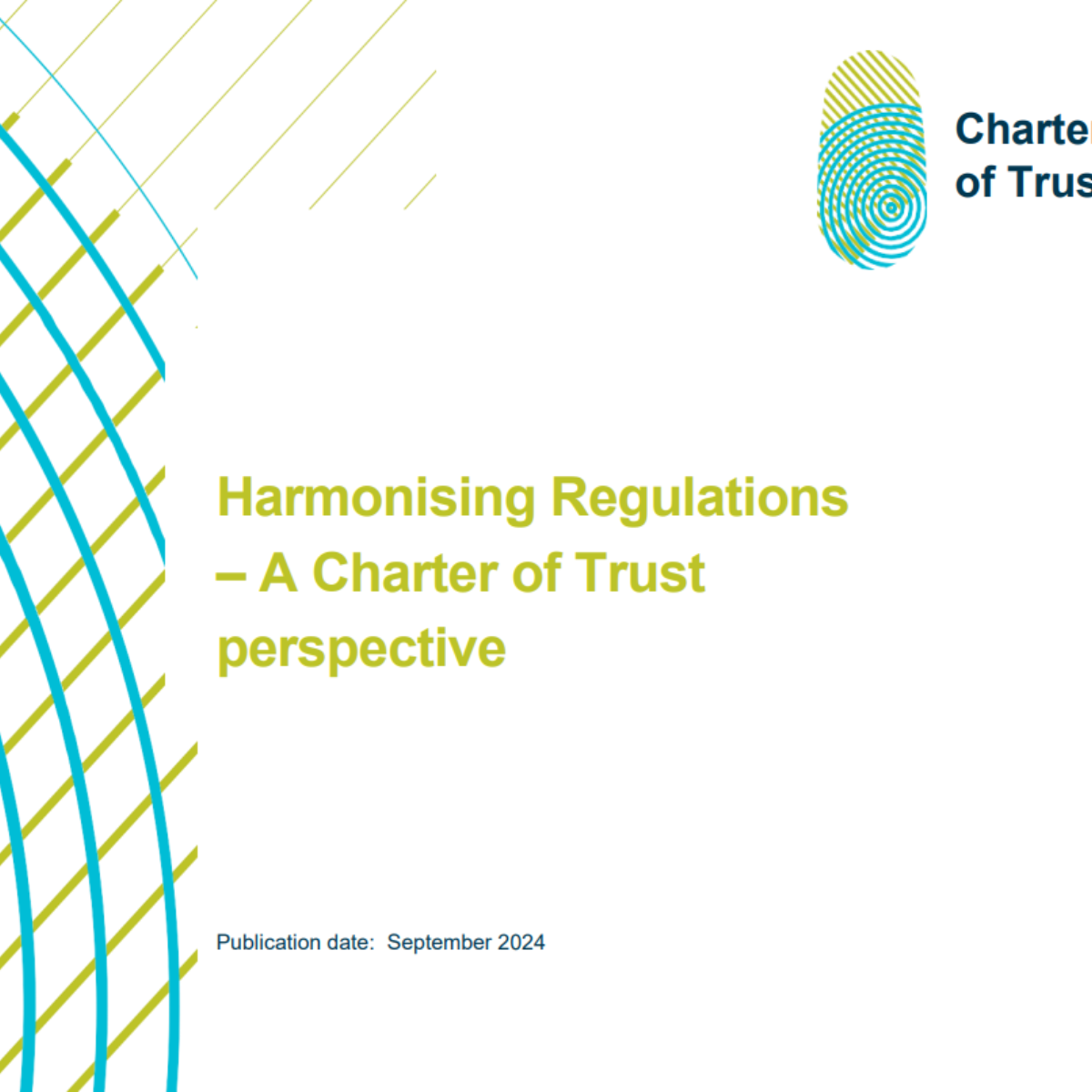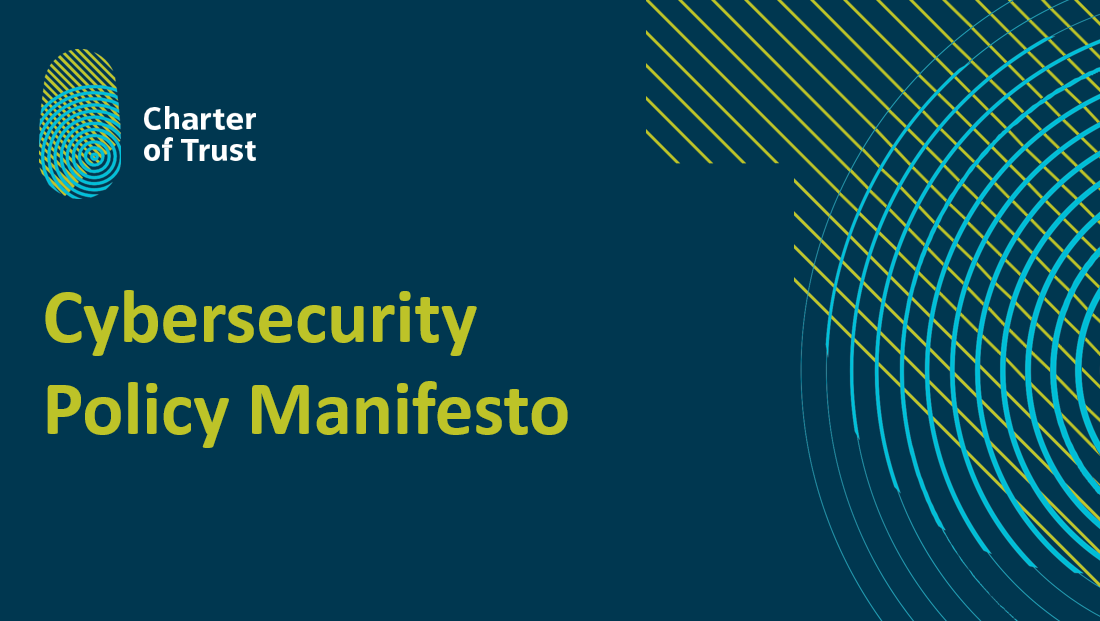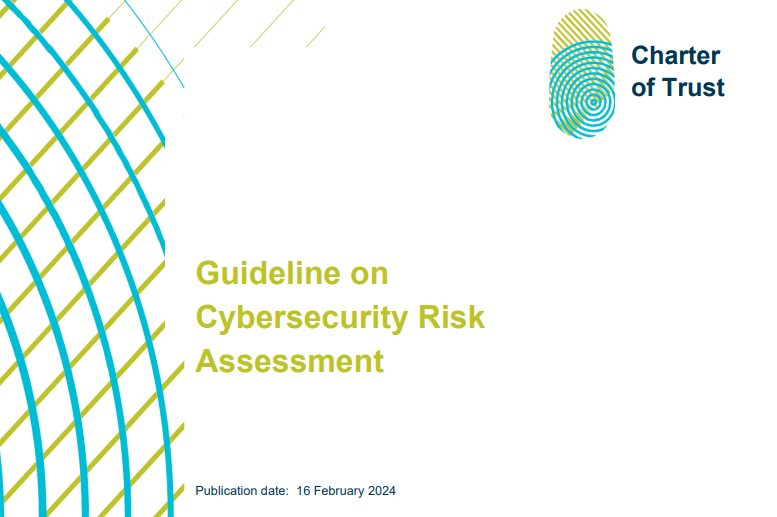Navigating Cybersecurity in an Era of Hybrid Threats
As hybrid threats continue to evolve, cybersecurity has never been more critical. The latest Charter of Trust report, launched at the Munich Security Conference, presents exclusive insights from leading CISOs and CSOs across our Partner network. This report provides a comprehensive analysis of the shifting threat landscape and the strategic actions necessary to enhance global resilience.
Key Insights from the Report
- The Growing Threat Landscape: Cyber adversaries are emerging across the globe, leveraging increasingly sophisticated tactics. Advanced threat detection and multi-layered defense strategies are no longer optional but essential.
- Breaking Down Security Silos: Cyber threats are constantly evolving—organizations cannot afford to wait. A proactive, collaborative approach is critical, fostering open dialogue across industries and sectors.
- Leadership in Collective Defense: Multinational corporations have a unique responsibility to lead in both technical defense and talent development, while also advancing zero trust architectures to mitigate risks effectively.
Collaboration as the Foundation of Cyber Resilience
The experiences of Charter of Trust partners highlight the importance of collective action in addressing the complexities of hybrid threats. Operating in high-stakes environments, these organizations provide valuable lessons for improving industry-wide preparedness.
A Call for Unified Action
Hybrid threats do not recognize national or industry boundaries—our response must be equally interconnected. As both prime targets and key defenders, multinational corporations are uniquely positioned to drive unified, strategic action. Initiatives like the Charter of Trust serve as a model for global collaboration, strengthening the cybersecurity ecosystem and paving the way for a more secure future.
We extend our gratitude to the CISOs and CSOs who contributed their expertise to this publication, including: Kyle Oetken (AES), Haydn Griffiths (Allianz), Paul Bayle (Atos), Christoph Peylo (Bosch), Morten Pors Simonsen (Danfoss), Koos Lodewijkx (IBM), Raphael Otto (Infineon), Natalia Oropeza (Siemens), Norbert Vetter (TÜV SÜD)

PREVIOUS POST
Principle Use Cases – Atos
NEXT POST
Harmonising Regulation - a CoT perspective

You may also like

Harmonising Regulation - a CoT perspective
In response to rising cyber threats, governments are enacting new cybersecurity laws and regulations, with some, like the United States (US), moving from voluntary public-private partnerships to more stringent regulatory approaches, while others, like the European Union (EU), are updating existing regulations (e.g. the Network and Information Security (NIS) Directive 2, or NIS 2) and creating new ones (e.g., Cyber Resilience Act, CRA). These efforts often set precedents for other nations, but the lack of international coordination in cybersecurity regulation remains a challenge. This fragmentation, coupled with shortages of cybersecurity talent, risks diverting resources from essential cyber defense to compliance, potentially increasing costs, complexity, and undermining resilience and innovation. Some solutions include reciprocity agreements, adopting international standards, and leveraging third-party assessments to streamline regulations and improve global alignment.
To read the full publication, see the download link below.
To read the full publication, see the download link below.
Read more
October 15, 2024
•

Charter of Trust Cybersecurity Policy Manifesto
The Charter of Trust presents this Manifesto as a call to action for Policymakers to join forces in the pursuit of a secure and resilient digital environment. As a collective of leading technology, cybersecurity, and industry stakeholders, we believe that a united and collaborative approach is essential for effectively combating cyber threats that endanger the security, privacy, and prosperity of our societies.
Our vision is to establish a strong, secure, and resilient digital Europe that fosters innovation, economic growth, and social progress while protecting individual rights and safeguarding the values of a democratic society.
Our vision is to establish a strong, secure, and resilient digital Europe that fosters innovation, economic growth, and social progress while protecting individual rights and safeguarding the values of a democratic society.
Read more
April 12, 2024
•

Charter of Trust report: Guideline on Cybersecurity Risk Assessment
This document highlights the significance of caution and due diligence in relation to cyber risks when processes and value chains are supported by digital technology to improve efficiency. As digitalization progresses, such risks exist in products which are combined to systems and networks in the IT but also in the OT world. The intent of this document is to offers practical guidance to risk management based on the experience and expertise of the members of the Charter of Trust P3 Task Force.
Read more
February 15, 2024
•



